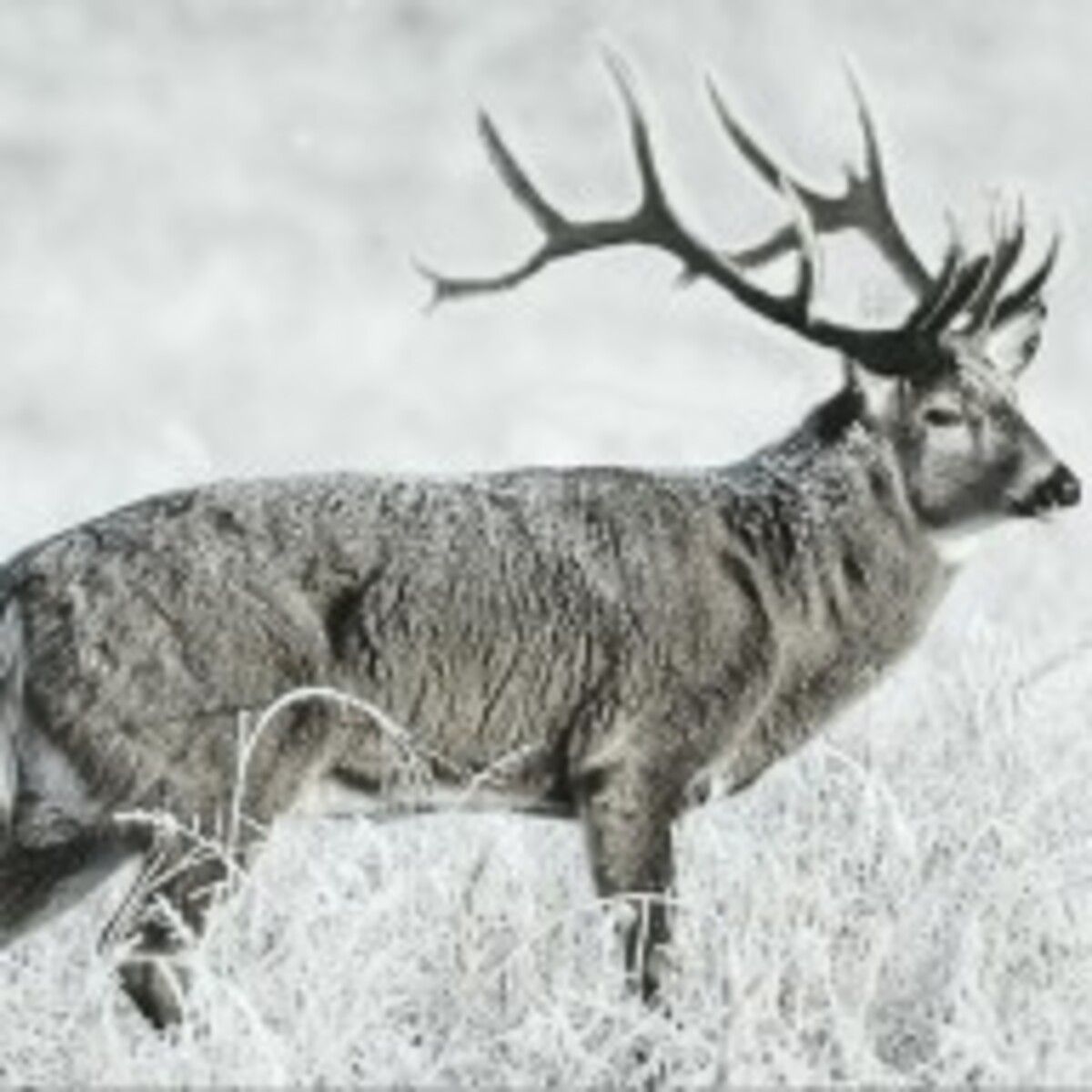
Rep. Casey Snider and Riley Peck, director of the Utah Division of Wildlife Resources, attend the Natural Resources, Agriculture and Environment Committee as HB309 is discussed in Salt Lake City, Utah, Feb. 20, 2025. Photo: Utah Legislature
In an effort to thwart the anti-hunting crowd’s efforts of overtaking state wildlife boards, one Utah legislator has introduced a bill he hopes will at least slow things down. Citing various efforts in both Washington and Colorado to “undermine wildlife policy”, the bill states simply that if you’re going to make laws around hunting, you should, at the very least, be a hunter yourself.
Introduced as HB309 by Rep. Casey Snider, the wildlife amendments bill proposes several changes to Utah's wildlife management policies. In addition to modifying regulations around night hunting, livestock depredations and other protections, it also mandates that individuals serving on the Utah Wildlife Board or regional advisory councils must possess a hunting license. This change aims to ensure that board members have a direct stake in wildlife management through both their participation and experience in hunting and fishing activities.
"The thought process there being to obtain a hunting license, you have to take hunter safety, which means you have to fully understand all the rules related and laws related to hunting and qualify through a moderately difficult marksmanship lesson," Snider said. "So you have to know how to shoot and you have to know how to hunt."
Snider went on to express his concerns that without this requirement, Utah could follow the path of states like Colorado and Washington, where he believes wildlife management decisions are driven by emotional or political considerations rather than scientific evidence. By mandating that board members have a hunting or combination license, Snider aims to safeguard the role of science-based decision-making in Utah's wildlife management practices.
"In other states -- Colorado, Washington -- we are seeing an effort to undermine wildlife policy through the appointment of these boards," he said. "And so, in Washington, you're seeing predator hunts basically demolished because individuals who do not participate in the sport of hunting are gaining access to those and are fundamentally rewriting the laws."
The bill has garnered support from groups such as the Utah Sportsmen's Caucus. Matt Anderson, the director of the caucus, lauded the bill as "great policy" that would effectively represent the interests of sportsmen on the Wildlife Board. This endorsement underscores the belief among hunting and fishing advocates that active participation in these activities fosters a deeper understanding of wildlife populations and their habitats, thereby equipping board members to make informed decisions about wildlife management.
"We think it's great policy, especially like a portion about requiring hunting license for the wildlife board," Anderson said, adding, "Our interest will definitely be represented there."
However, the proposed change has also sparked debate about the potential exclusion of other stakeholders from the decision-making process. Critics argue that individuals with expertise in wildlife biology, conservation, or other relevant fields could be barred from serving on the board if they do not possess a hunting or combination license. They contend that a diversity of perspectives is crucial for effective wildlife management and that limiting board membership based on hunting or fishing participation could stifle innovation and hinder collaboration.
With four available seats on the state’s wildlife board, this bill would be the deciding factor as to which applicants will ultimately be chosen. The bill was introduced in the State House of Representatives on March 7th, and if it passes, could go into effect as soon as May 7th.

